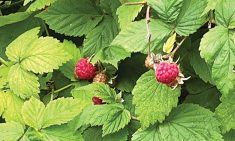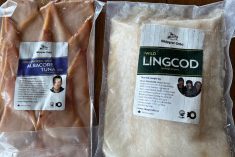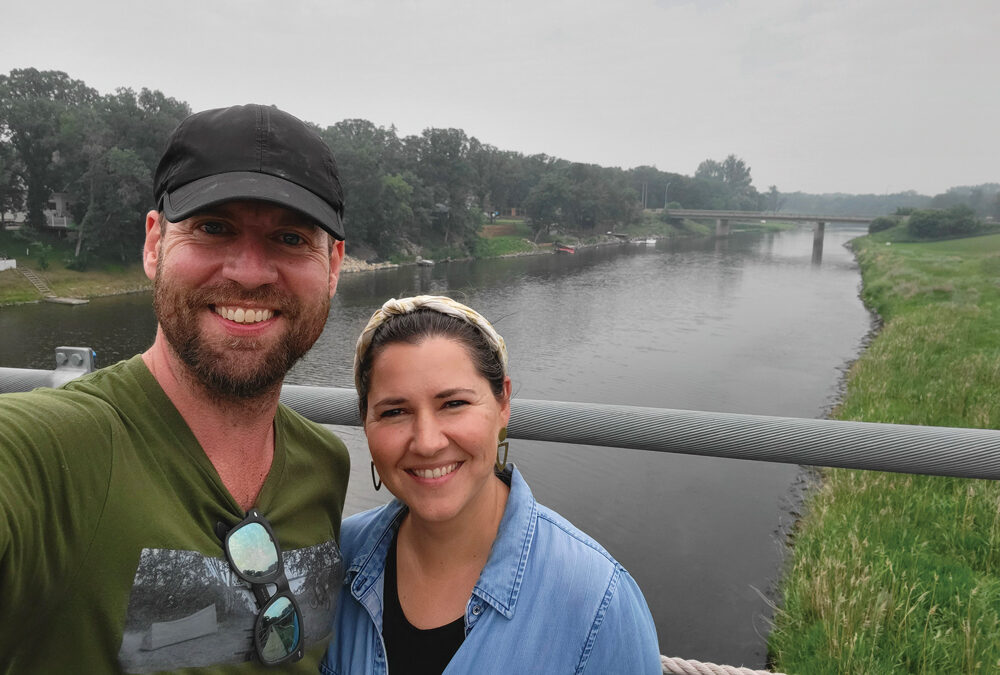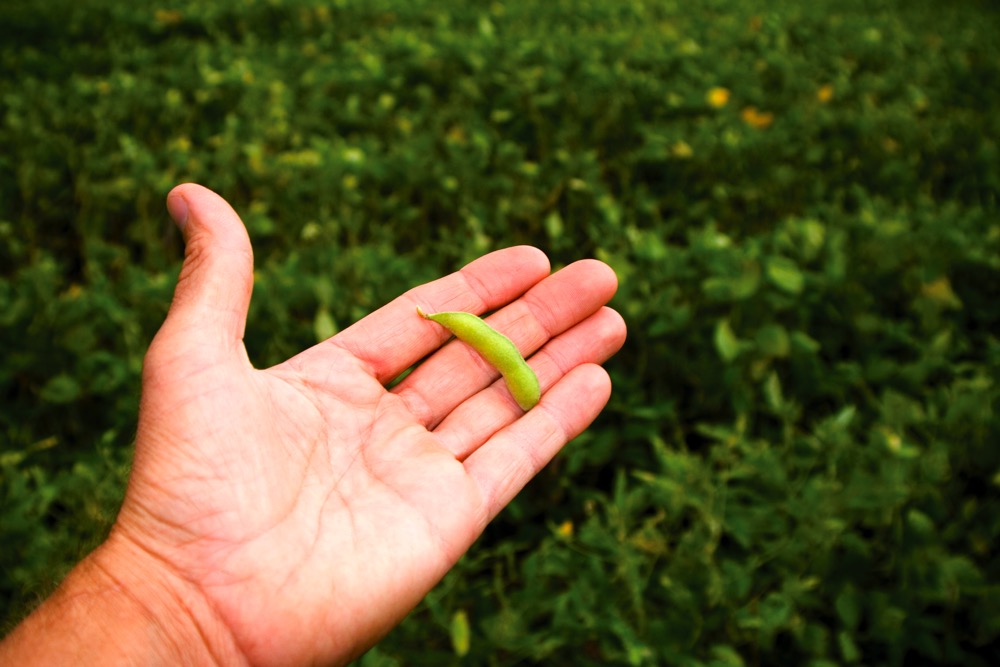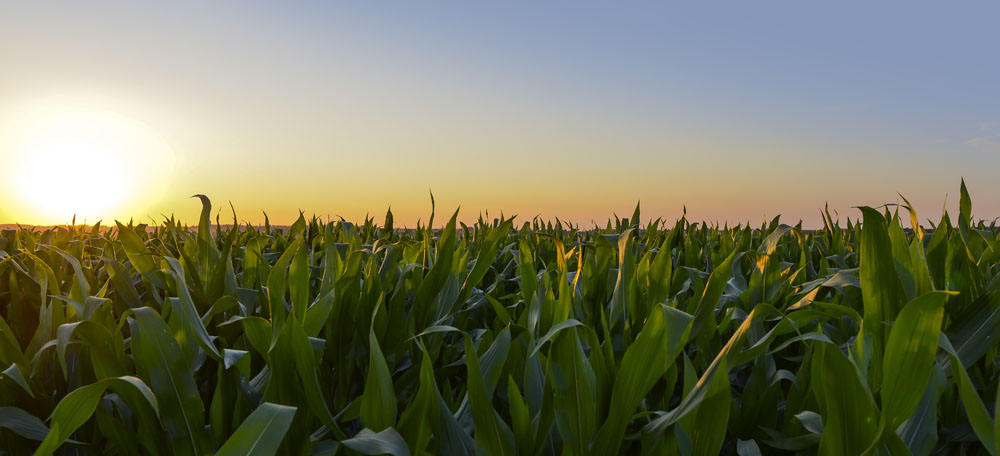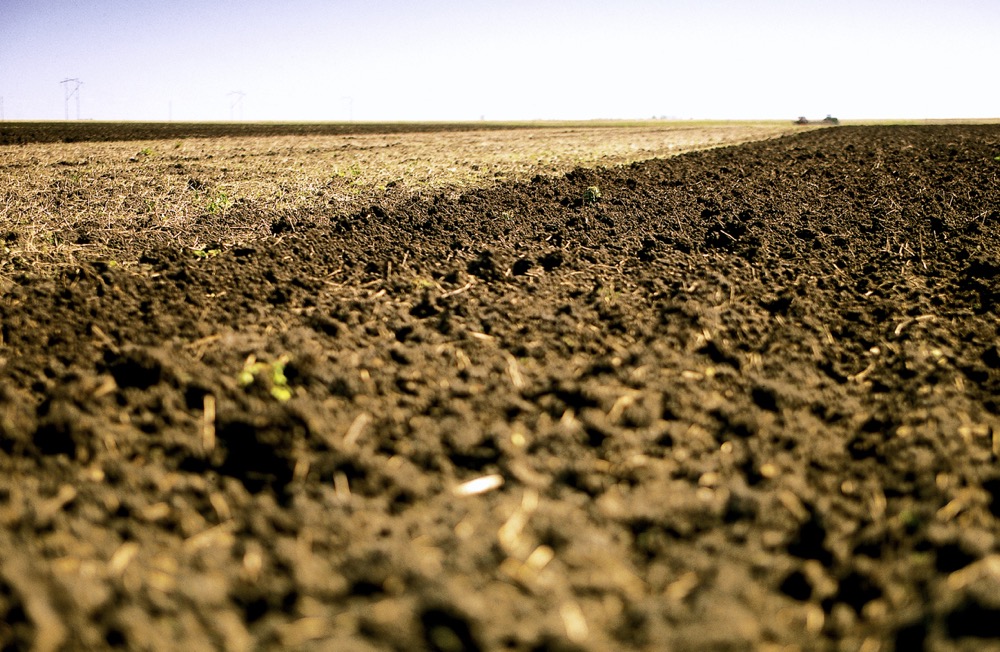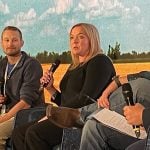When you have crop standing on the field and the weather isn’t letting you get to it, it’s hard to think, let alone write, about anything else. But, I’ll try. I’ll put my remaining 120 acres of standing soybeans to the back of my mind. It’s raining here and I know that in theory it’s not helpful to fixate on what you can’t do. Instead, what you can do. This column is something I can do in inclement weather.
I spent a few days away from the farm in late September. My dad and his friend harvested soybeans while I, the very guy poised to take over the farm, flew to Vancouver to take in the Canadian Farm Writers’ Federation conference.
Read Also

Avoid these thought traps when investing
Investing for Fun and Profit: Let’s review a list, by renowned fund manager Peter Lynch, of the most dangerous things that stock market investors can say to themselves, or to others.
It’s a conference like any other, the raw value of which is the conversations that take place outside the sessions and the general sentiments you come away with after steeping in a topic for a few days amid like-minded peers. The sessions were fantastic, too, I should add.
We toured the Port of Vancouver and had the privilege of seeing the terminals of some of the Canada’s and the world’s largest grain buyers. The Port of Vancouver, I learned, is the largest export port in North America.
The Alliance Grain Terminal (AGT) we toured has a capacity of about three million metric tonnes and is on course to exceed that. AGT’s wasn’t the largest. The magnitude of operations at the Port of Vancouver was a challenge to comprehend.
It ties the Prairies and B.C. together in a critical way. The rail cars feeding the port rip across the Prairies and cut right through the City of Vancouver before transferring their cargo to a vessel.
It’s a bizarre and important thought process to imagine the crops we grow traveling through a densely populated area and onto a ship. It’s good to be reminded that agriculture and export was once such a priority in Canada that it prioritized the efficient movement of commodities over a few people complaining about rail crossings and living next to a bustling port — the needs of the sector against the complaints of those surrounding it. It’s a tension that still exists there and it’s one the ag sector, in general, is used to hearing about. Everyone on the tour could relate to it.
We spent a few hours on the harbor, on a nice vessel, avoiding Panamaxes coming into port to fill up and hearing about the challenges of running such a large operation. It was mind bending.
I write for Grainews and I write for the Financial Post. For each of these papers, I try to affect a voice that is national in scope. But I have limitations. I am from southern Manitoba and, at the end of the day, can only speak to what I see in front of me and what I hear from my peers, which thankfully are scattered across Canada.
Agriculture in British Columbia, it turns out, is affected by similar challenges to the Prairies. I left with that feeling. Ag in B.C. is not the same and you won’t catch me saying so. What they grow is unique to their climate and markets and consumers, but farm labour is a hurdle and so is the appropriation of arable land, which, in B.C., is in short supply.
To spend time with fellow writers from across the country learning about our value chain and seeing it in action, as well as be reminded of how agriculture from the east coast to the west has a lot in common was an absolute honour. We too easily forget that and pass judgment on the needs of other provinces as selfish. There is more that binds us together than drives us apart. I need to be reminded of that every so often.
It’s still raining. I’m hoping to get to my soys by midweek. It’ll be nice to have it all in the bin.



